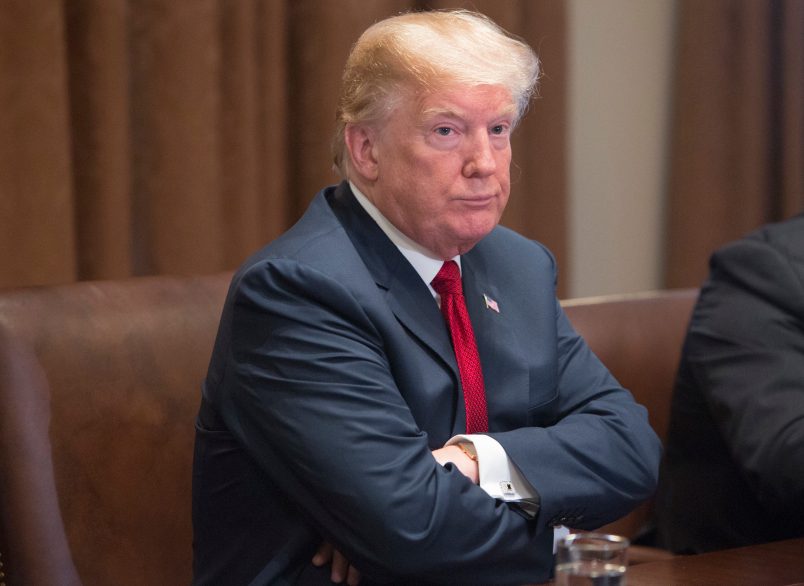This isn’t new news, not a new revelation. But with more and more voluminous information coming in daily, it is worth revisiting the point. Whether or not the President obstructed justice recently isn’t a factual question. That one is 100% clear. It’s really a legal and constitutional one.
Here’s what I mean.
Let’s reframe the question.
Did the President use his toolset of official powers and prerogatives to block, short-circuit and stymie a legitimate criminal investigation into his and his associates’ actions? There’s really no question about this. It’s not just one incident. It’s almost countless incidents. And in notable instances, we have the President’s own recorded interpretations of his actions. There’s the request to lay off Flynn. The firing of James Comey. The bullying of Jeff Sessions to either do a better job protecting him or get out of the way so he could appoint a better protector. As I said, there are numerous quotations from the President – often well-attested, sometimes on tape! – saying essentially, ‘I did this to end the Russia investigation.’
If you ask the question this way, the evidence is so overwhelming and total and obvious that it’s not even a question. In other words, as I noted above, there’s no factual question. What there is is a legal question. Can the President obstruct justice? Or more specifically and critically, can the President obstruct justice with actions which, on their own, are clearly within his constitutional powers? That question presents itself most clearly in the firing of James Comey. The President has full power and right to fire the FBI Director. He doesn’t need any reason. But can he do so if he does it for a corrupt reason? All our laws and constitutional history suggest the answer to that question is no. In most of the other cases, Trump doesn’t even have that notional, arguable leg to stand on. The request to lay off Mike Flynn is the clearest example. But it’s one of many. Obstruction of justice is actually one of the main accomplishments of his presidency.
My point in all this is that the question is really only a constitutional one: can the President commit obstruction of justice at all? The answer to that question is almost certainly yes. The more germane question is whether a sitting President can or should be indicted for a crime while they remain in office, as opposed to being impeached for the offense and becoming subject to the criminal law once they leave office.
On the factual matter, it’s not clear how we could possibly have or need more factual evidence. It’s overwhelming.






